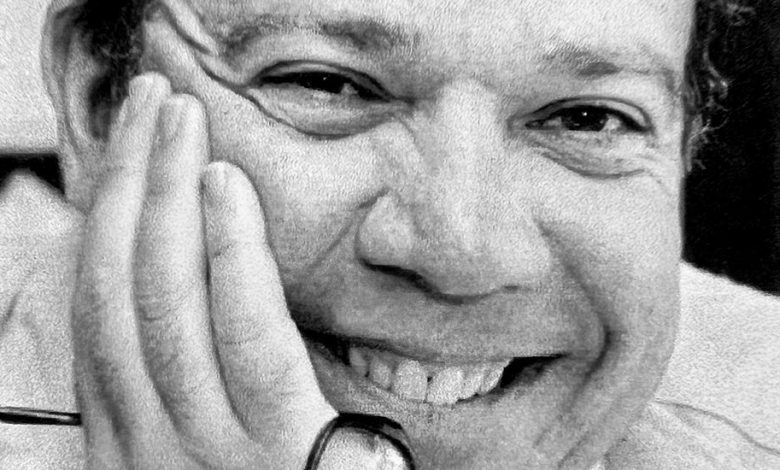William E. Burrows, Historian of the Space Age, Is Dead at 87

William E. Burrows, who as a journalist and author explored the promise and perils posed by outer space — including the proliferation of weapons and spy satellites and the threat of potentially earth-shattering asteroids — died on June 29 in Bridgeport, Conn. He was 87.
His death, in a hospital, was confirmed by his former wife, Joelle Hodgson, who said the cause was kidney failure.
Presaging his career by crash-landing model airplanes in his family’s living room in Queens, near Idlewild Airport (now Kennedy International Airport), and surreptitiously taking flying lessons in a Piper Cub as a teenager, Mr. Burrows covered air travel, space technology, government secrecy and other subjects for The New York Times, The Washington Post and The Wall Street Journal.
He wrote 14 books and established a graduate program in science writing at New York University, where he taught journalism.
Given the growing militarization of space and the challenges posed by environmental hazards and by weapons of mass destruction, Mr. Burrows believed that investing in space exploration was crucial, if for no other reason than to potentially save the human race one day by colonizing other planets.
“The question to ask is whether the risk of traveling to space is worth the benefit,” he wrote in The Journal in 2003. “The answer is an unequivocal yes, but not only for the reasons that are usually touted by the space community: the need to explore, the scientific return, and the possibility of commercial profit.